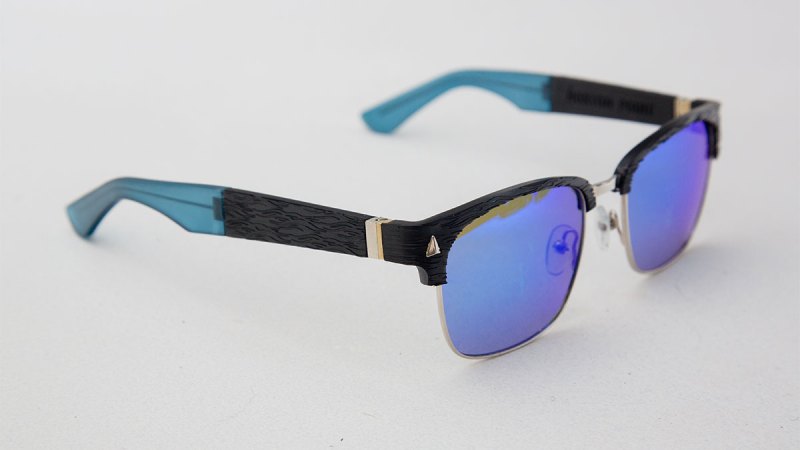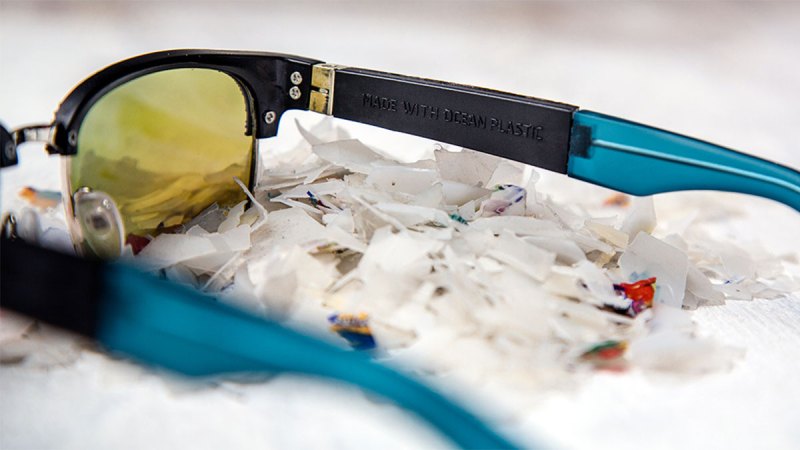

The rich, diverse, colorful, sometimes terrifying ocean life must contend with eight million metric tons of plastic dumped into oceans each year. It’s killing them at a staggering rate and experts predict that by 2050, a mere 33 years from now, the oceans will be more plastic than fish.
Admittedly, that’s almost impossible to comprehend when you think just how massive these bodies of water are. But, then just think about all the plastic we use daily and only once before tossing: straws, lid covers, grocery bags, disposable razors, take-out cutlery, soda and water bottles, food wrappers– just to name a few. Then multiple that by everyone on earth because we’re all using plastic. One time use plastic is an $80 billion business. If you’re not overwhelmingly depressed yet, go ahead and think about how it takes 400 years for plastic to breakdown. The first plastic was commercially made in 1907, which means literally every single piece of plastic ever made is still lurking around somewhere on the planet.

Okay, you’ve earned some good news: meet Norton Point, an innovative company in Martha’s Vineyard that’s doing something about all this garbage. Founders Ryan Schoenike and Rob Ianelli partnered up with The Plastic Bank, an organization that is simultaneously helping clean up Haiti and its waters while ensuring people are earning a living wage. For its ubiquitousness, plastic is one of the least recycled materials– but The Plastic Bank is helping to change that by transforming the collected plastic trash into pellets that can be reused for anything, including 3D printing.
Norton Point uses this plastic– Social Plastic as The Plastic Bank calls it– to create their stylish sunglasses. The myriad styles are all classic, flattering frames complete with polarized lens, 100% UVA/UVB protection and their cases are cleverly made of upcycled wetsuits. They also use cellulose acetate frames, which are plant-based. They range in price from $129 to $145, which is an absolute steal for sunglasses that are literally saving the earth.

See, Norton Point didn’t stop at just using recycled ocean plastic– no, no. They donate five percent of their net profits to research, development, and education about this disastrous plastic problem. Co-founder Ryan Schoenike explains, “We are currently evaluating a number of projects, but we have developed a partnership with the University of Georgia, New Material Institute to further explore ocean plastic products, plastic alternatives, and creating a better system for reducing ocean plastics through the circular economy.”
Norton Point has also pledged to remove a pound of ocean plastic for every pair of their glasses sold. Think about the impact the simple act of stylishly shielding your eyes can have.



